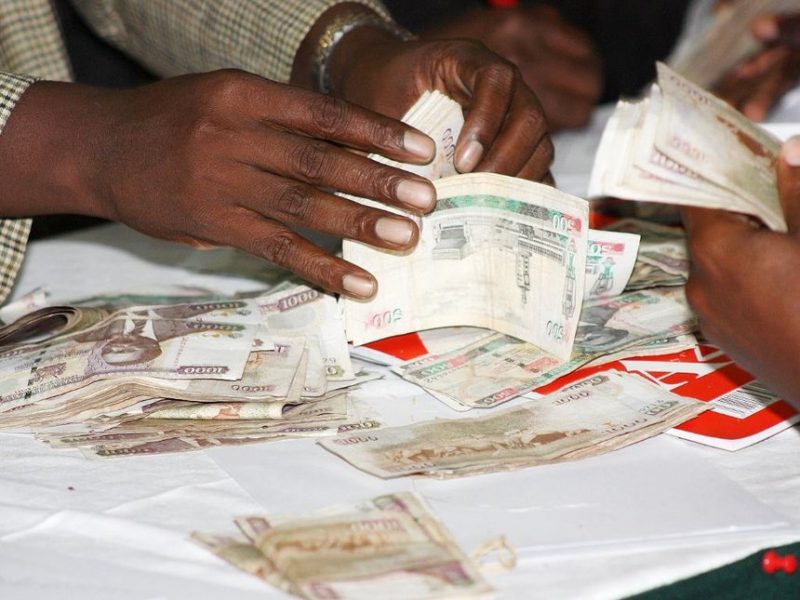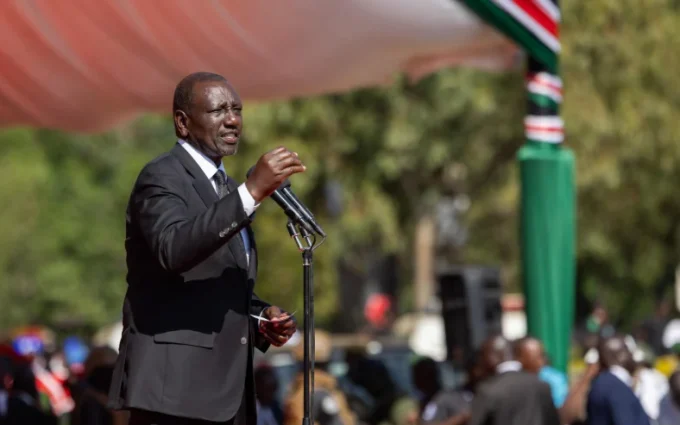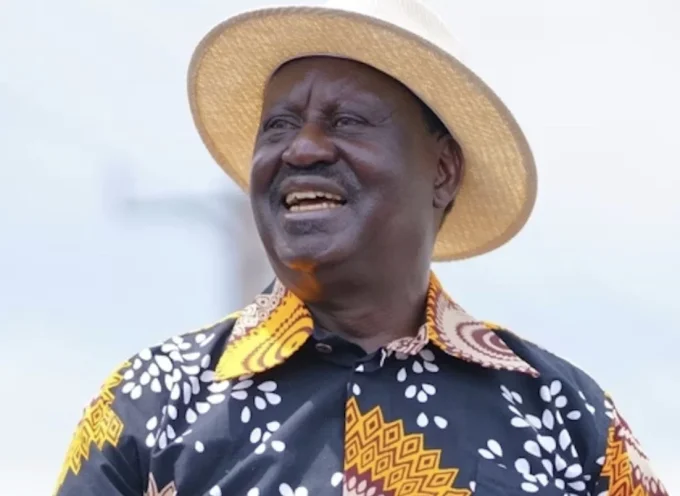[dropcap]K[/dropcap]enyans withdrew over Ksh 18 billion from banks between June and December last year amid jitters over what would happen following the high-octane presidential contest pitting President Uhuru Kenyatta and NASA leader Raila Odinga.
Quoting newly released data, Business Daily reports that Kenyans raised the amount of cash kept at home by Ksh18.4 billion to Ksh 225.5 billion, which it says was an indication of reduced confidence in banks in the face of election uncertainties.
The paper says the money was mainly taken out of demand deposit accounts — money kept in banks but is available on demand — which accounted for Ksh 12.4 billion of total extra withdrawals between June and December 2017. The withdrawals cut the total amount of cash held in customer accounts to Ksh 1.17 trillion by the beginning of December.
It adds most of the withdrawals took place between August and November, when the country held two highly contested presidential elections before a slight recovery began in December.
RELATED: WHY THIS BILLIONAIRE KEEPS HIS MONEY UNDER THE MATTRESS
Liquidity rose steadily through August when it stood at 49% but immediately went on a quick fall to stand at 47.1% by early December, it adds.
According to Ms Mwangi, besides increasing concentration of cash outside banks, the banking system itself had challenges relating to the capping of interest rates.
This meant that most banks were not so keen on keeping interest-earning deposits for which they needed to pay interest at the rate of 7%.
The steep decline decline in economic activity in the course of last year coupled with a high inflation rate was also seen to erode the purchasing power of those in the lower-income bracket, forcing them to supplement with their savings, the paper concludes. Original reporting by Geoffrey Irungu/Business Daily













Leave a comment